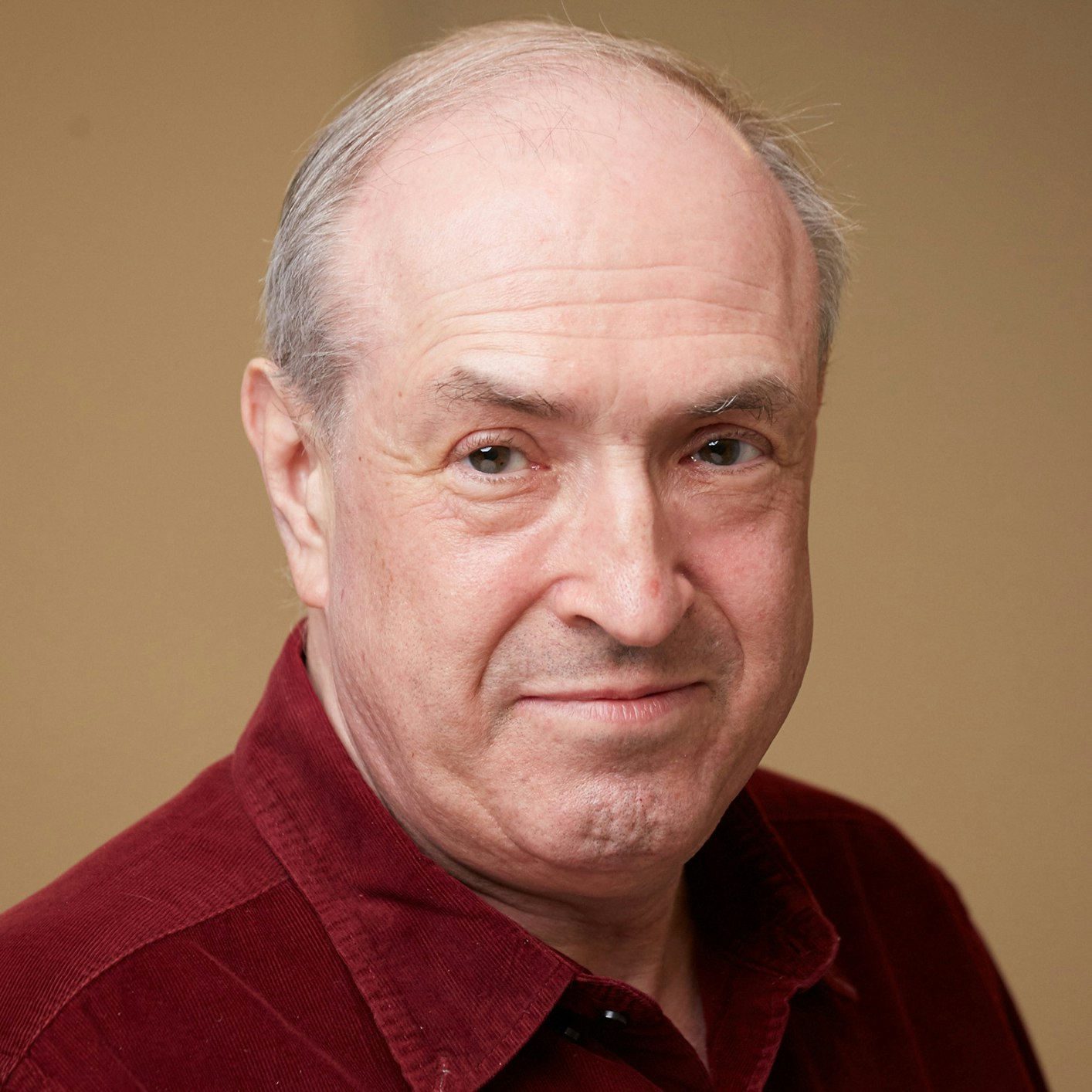U.S. Obiang Action Sends Message on Global Kleptocracy
By Ken Hurwitz
The U.S. Department of Justice has just unsealed legal filings in a milestone civil forfeiture case against Teodorin Nguema Obiang, the first-born and favorite son of the ruler of the oil-rich West African state of Equatorial Guinea. The anticorruption suit seeks to seize, among other items, a $30 million Malibu mansion, a $38 million Gulfstream Jet , and over $3 million of Michael Jackson memorabilia, all allegedly purchased out of the proceeds of grand corruption in Equatorial Guinea.
Even if successful, the civil forfeiture proceedings unveiled by the justice department may not recover all the ill-gotten assets listed. The government notes that the Gulfstream jet flew from Basel Mulhouse airport in France to Equatorial Guinea on October 11. And in 2009 some 26 automobiles and assorted motorcycles with a total value of $12m were shipped from the U.S. via France, mostly en route to Equatorial Guinea. These included seven Ferraris, four Mercedes-Benzes, five Bentleys, four Rolls Royces, two Bugattis and one Aston Martin (some of these vehicles may be among over a dozen luxury cars seized earlier this month by police in Paris as part of a separate French corruption investigation).
The U.S. proceedings do not themselves aim to hold Teodorin criminally liable for his depredations. The cases could nonetheless lead to later criminal proceedings. At a minimum, they underline the message that the United States will not automatically provide a safe haven for corrupt foreign leaders to park the wealth they steal from their own people.
This case joins the criminal proceedings in Spain and France, investigating alleged proceeds of corruption held by Teodorin and his close family. But the U.S. legal filings paint the clearest picture so far of the kinds of day-to-day business methods used by the ruling clique in Equatorial Guinea, dubbed "the inner circle" of President Teodoro Obiang. They range from inflated bid rigging to extortion, embezzlement and theft, including the misappropriation of funds, land and other assets. The filings allege that:
- Teodorin’s brief (five-month) college career at Pepperdine University in Malibu was paid for by one of the oil companies operating in EG, including both a house he rented in Malibu and stays at the Beverly Wilshire Hotel.
- In 1993, Teodorin’s father granted his 24-year-old college drop-out son a 20-year 61,000-acre timber concession; shortly after, Teodorin received an additional 27,000 acres, for five years. Then in 1998, the President made his son Minister of Forestry. Teodorin took in huge profits from his concessions through his personal holding companies, Sofona and Somagui Forestal , though the actual logging was done by a Malaysian company.
- Using his position as Minister of Forestry, the filings allege, Teodorin charged a personal fee for companies seeking to obtain timber concessions, and then imposed on timber exporters an unlawful “tax” payable to his own account, with timber exports prohibited until the “tax” was paid.
- The filings describe direct transfers from government bank accounts under control of the President or his family, including $35 million transferred from the Riggs Bank Equatorial Guinea oil account to two companies apparently connected to President Obiang. One of them, a Panamanian shell company called Kalunga S.A., is subject of a money-laundering proceeding filed in Spain by the Spanish Asociación Pro Derechos Humanos de España (APDHE). (The Justice Initiative is collaborating with APDHE on this case).
- The filings set out how, when negotiating to purchase a $40 million luxury aircraft for his personal use in 2005, Teodorin tried to arrange with the seller for the purchase price to be paid by one of the U.S. oil companies, which would then be able to credit those payments against oil royalties payable to the EG government – a neat way to steal $40 million from the government before it even received the funds. While the oil company balked in this case and the scheme did not go forward, the incident illustrates the way in which the Obiang clan allegedly uses EG’s national wealth as a private piggy bank.
- The filings describe how the Inner Circle benefits from its de facto control over the public procurement process to submit “inflated bids” for projects awarded without true competition,” generating “mark-ups from 50 percent to 400 percent or more,” generating lush cash flows for the “Inner Circle.” In 2003 and 2004, Teodorin’s company Somagui Forestal received two multi-million dollar government contracts for road construction.
The significance of this case is enhanced by the fact that it breaks with the more common pattern of waiting until a family’s rule has ended before tracking down their assets: for years, Qaddafi, Mubarak, Marcos, Abacha, and other dictators were coddled by Western countries, which were only too happy to buy their country’s oil and other resources, and carry on business as usual with them until their regimes toppled.
In contrast, Teodorin’s family is still very much in control in oil-rich Equatorial Guinea, most of whose oil and gas is pumped by US companies. His father Teodoro is trying to improve the country's international image. Those efforts include hosting the African Union summit this summer, staging the African Nations soccer cup next year, and the so-far unsuccessful bid to persuade UNESCO, the UN's main cultural and educational body, to institute an Obiang science prize funded by the family.
The president and his wife are also well on the way to carrying out what opposition critics believe is a plan to install Teodorin as successor, following a supposed constitutional “reform” referendum that is expected to create a new post of vice president. This would then allow Teodorin to waltz into the presidency without need for even a fraudulent election.

Until November 2021, Ken Hurwitz was senior managing legal officer with the Open Society Justice Initiative.